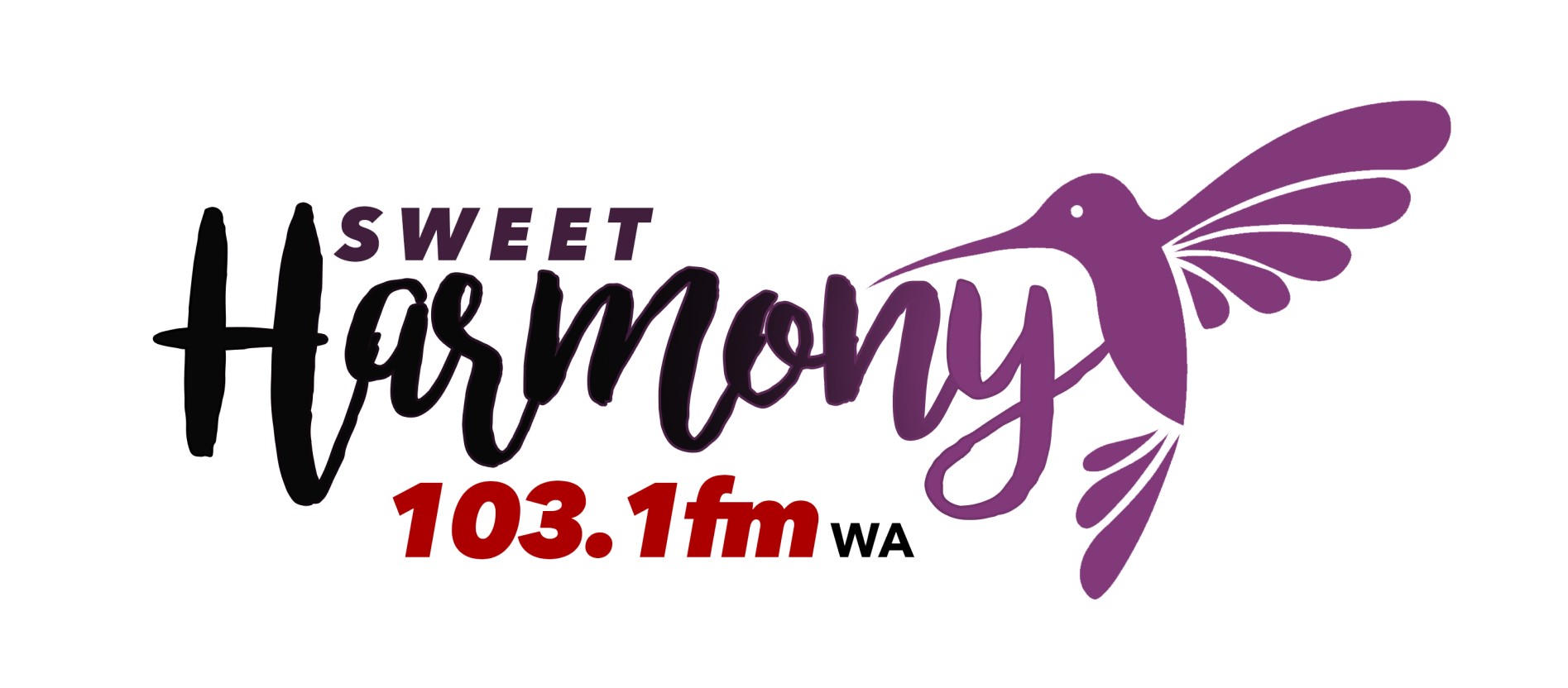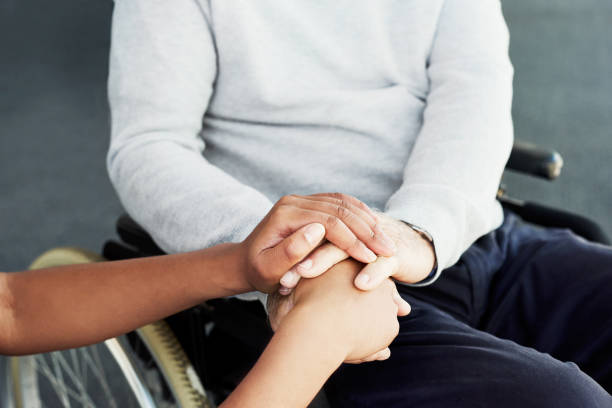Madam Elizabeth Ekua-Nyarko Patterson, the founder and Director of the Girls’ Education Initiative of Ghana, has called on educational institutions and the Ghanaians in general, to ensure gender inclusion especially for women with disabilities or special needs.
She made the call while sharing her story as person with disability, during an event organised by the Centre for Gender and Advocacy to mark this year’s International Women’s Day at Takoradi on the theme “Accelerating for Women and Girls: Advancing Equity and Empowerment.”
Madam Patterson said women with special needs should be carried along and included in the developmental process as Ghana progressed.
“As we have made so much progress over the years towards gender inclusion, let us not leave women and girls with disabilities or special needs behind. Let’s put this into practice and include everybody in all national development processes,” she urged.
She further urged policy makers and educators to move beyond well-written policies and focus on real implementation.
“The policies are there, but we don’t see them in real life and implementation. There is the National Gender Policy, Gender Equity and Social Inclusion Strategy, SDS, Disability Inclusion, the Persons with Disability Act (Act 715), the Inclusion Strategy and Action Plan 2014, and the Inclusive Education Policy.
All these policies had been beautifully written, yet they could not be found in real practice in places including the classrooms of students with special needs, she emphasised.
- Government urged to address issues on disability as a key human rights issue
- GLOWA engages stakeholders to kickstart second phase of its AVID Project
Madam Patterson also encouraged girls, especially those with disabilities, to believe that they could achieve anything, citing herself as a testament to this.
Madam Eva Ankrah, who is the Founder and Director of Human Rights and Development Services, a Civil Society Organisation, focusing on the theme: “Pioneering Women in Politics, Business, and Technology: Success Stories and the Way Forward,” highlighted the historic and contemporary contributions of women while outlining strategies for increasing female representation in leadership.
While, acknowledging progress made by women from pre-colonial, through Colonial and post-colonial to present day Ghana, Madam Ankrah, said women’s representation in Ghanaian politics remained low.
With women making up only 14 per cent of Ghana’s Parliament and just two cabinet Ministers, she stressed the need for affirmative action.
She encouraged women to seize opportunities in business and technology, highlighting initiatives such as the Ghana Enterprises Agency’s financial support for Small and Medium Entreprises and the Business in the Box project, which aimed to create 250,000 jobs-70 per cent of which would go to women.
She urged political parties to support female candidates in winnable constituencies and called on the government to institutionalise gender quotas.
Mr Joseph Nelson, the Western Regional Minister, highlighted women’s progress over the years and shed light on their achievements, particularly in academia, where more females were attaining professorships and leadership roles.
He said the government was committed to removing barriers that hindered women’s full participation in national development, saying “Women still have a long way to go to advance their progress.”
Evangelist. Prof. Anthony Joe Turkson, the Dean of the Faculty of Applied Sciences, Takoradi Technical University, speaking on behalf of the Vice Chancellor, called for urgent action to break barriers preventing women from reaching their full potentials.
He emphasised the importance of inclusivity and urged institutions, communities, and individuals to support women in leadership, business, and education, and entrepreneurship while, urging women to seize opportunities for growth and advancement.
The Chairperson for the event, Nana Kofi Abuna V, the Chief of Essipong, acknowledged the significant role women played in society while highlighting some challenges faced by women.
She encouraged the promotion of girls’ education and empowerment, an increase in their representation in leadership positions, ensuring equal pay and economic opportunities for women, and ending gender-based violence and harassment.
Prof. Ann Dodor, the Director of the TTU’s Centre for Gender and Advocacy, CEGENDA, emphasised the need for bold and decisive steps to accelerate gender equality and reaffirmed the University’s commitment to fostering an inclusive environment where women could thrive, lead, and break barriers.
She highlighted the CEGENDA’s ongoing efforts in advocacy and empowerment, encouraging all attendees to engage in meaningful discussions and contribute to lasting change.
A panel discussion and open forum component of the event inspired and challenged girls and women to make a difference.



